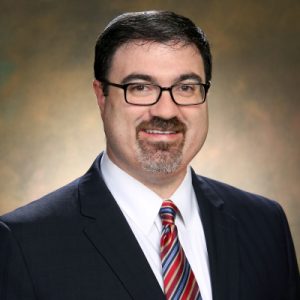The psychologist, Sherry Turkle, explained in her book, Alone Together, that we live in an age where we have sacrificed real relationships for superficial connections. For many, the pandemic has made this reality worse. After two years of living with the COVID long-emergency and trauma, we are, quite literally, alone – together. At home, alone – together. On our digital devices, alone – together. In our neighborhoods, - alone – together. Working longer hours, alone – together.
Looking back on the past two years, we have lived in a weird paradox. We went online to feel connected to each other through the pictures we posted or the snippets of banter we tweeted. But after two years of living behind masks and socially distanced, it makes sense that we are also feeling distanced from each other. We are exhausted, too, which sometimes means that our patience for family, friends, neighbors, civic and religious institutions is thin. If we are honest with ourselves, the extended trauma of the pandemic affected our spiritual selves, our sense of community, our Jewish journeys, and our sense of belonging.
When the world feels unsettling and unstable, our instinct can be to isolate and hunker down. With the winds of society pushing in every direction and with world-wide uncertainty ahead, we want what anchors us and helps us feel rooted. And that is what Passover is all about: a reminder that real freedom and security comes from relationships that add substance and support and meaning to our lives. We want friends who can be relied upon. We want advice from people we know and trust. We want to learn and celebrate life in relationship with others. We want to share our journey with people who encourage us to become the best within ourselves. We want to be enlivened and nourished by ideas and passions. Passover is all about sharing our story, laughing, singing, and living with Jewish joy, together.
Elijah the prophet encouraged our ancestors to act together in community despite the raging storms – to support each other with intention of establishing a future of hope, meaning, resiliency, justice, and purpose.
This year at Passover, we are called to combat the spiritual crisis of disconnection with one of our most valued spiritual possessions: the act of bearing witness to one another. We must share and listen to the truths in each other’s lives, we must celebrate with each other, mourn with each other, we must walk through life together and see the Godliness that exists in each other’s souls. Passover is a reminder that we can’t sit back and wait for connection and community to just come to us. We have to build it. We have to become it. We have to create a living and breathing community that draws from the best of our sacred tradition and walks boldly towards the promise of tomorrow.




